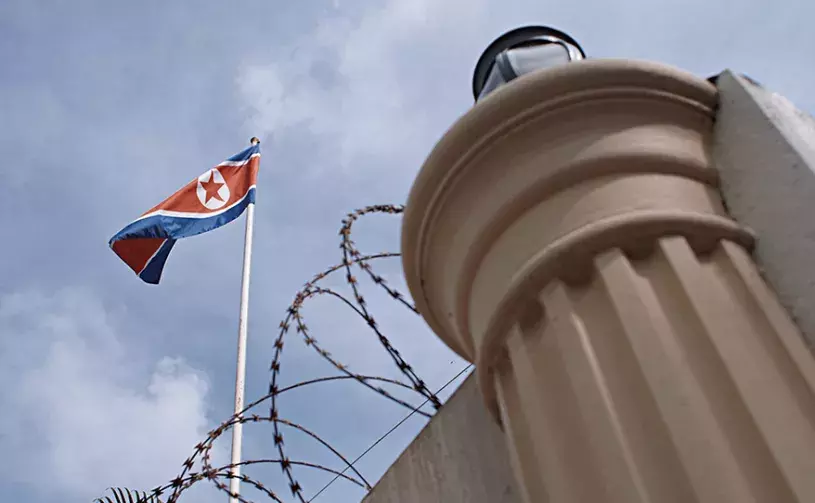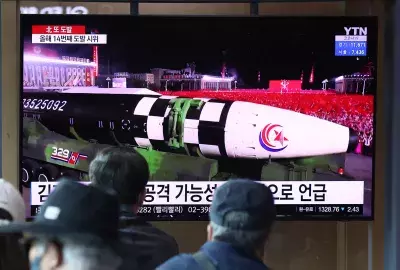Error message

As North Korea gets closer to deploying working nuclear missiles, it is more important than ever to dispense with four common misunderstandings. First, characterizations of the regime as irrational are wrong. Fundamentally weak and deeply insecure, North Korea tries to compensate by cultivating an image of eagerness to go to war in the hope of intimidating its adversaries. Second, paranoid about subversion, Pyongyang is extremely unlikely to exchange its nuclear weapons for greater trade opportunities with democratic countries. Third, the option of using military action to prevent North Korea from getting nuclear missiles is not "on the table." Finally, depending on China to solve the problem is fruitless because the Chinese fear a collapse of the regime more than they fear a nuclear-armed North Korea. Seoul, Tokyo, and Washington should focus on mitigating the dangers of living with deliverable North Korean bombs.
Photo: A North Korean flag is seen at the North Korean Embassy compound on February 22, 2017 in Kuala Lumpur, Malaysia. (Photo by Rahman Roslan/Getty Images)
As North Korea gets closer to deploying working nuclear missiles, it is more important than ever to dispense with four common misunderstandings. First, characterizations of the regime as irrational are wrong. Fundamentally weak and deeply insecure, North Korea tries to compensate by cultivating an image of eagerness to go to war in the hope of intimidating its adversaries. Second, paranoid about subversion, Pyongyang is extremely unlikely to exchange its nuclear weapons for greater trade opportunities with democratic countries. Third, the option of using military action to prevent North Korea from getting nuclear missiles is not "on the table." Finally, depending on China to solve the problem is fruitless because the Chinese fear a collapse of the regime more than they fear a nuclear-armed North Korea. Seoul, Tokyo, and Washington should focus on mitigating the dangers of living with deliverable North Korean bombs.
Photo: A North Korean flag is seen at the North Korean Embassy compound on February 22, 2017 in Kuala Lumpur, Malaysia. (Photo by Rahman Roslan/Getty Images)







